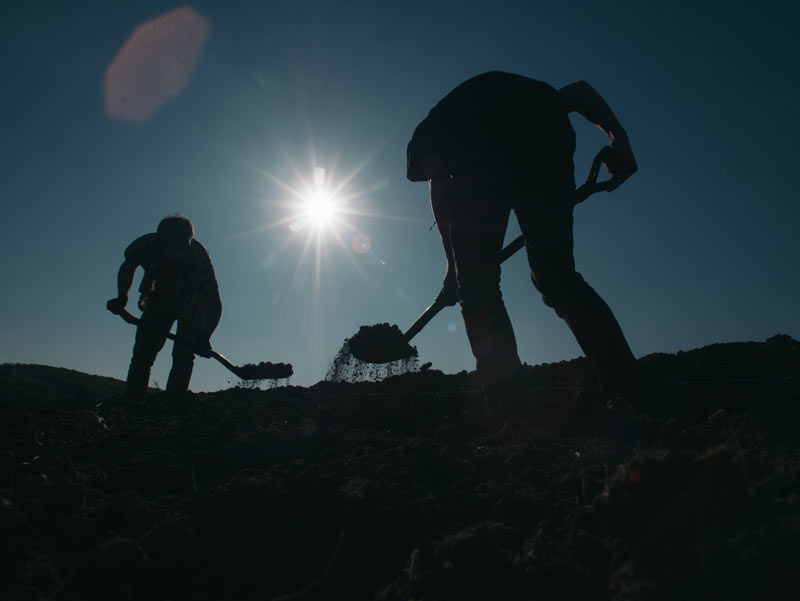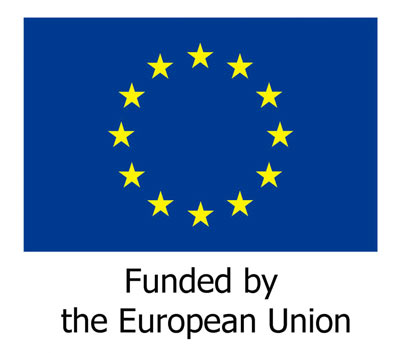What is social farming?
Definition by the European Economicand Social Committee

In 2012 the European Economic and Social Committee framed an Opinion on social farming.
The EESC defines Social Farming in the following way:
Social Farming adopts a multifunctional view of agriculture that combines farming with social services/health care at local level. It can help to improve social and environmental awareness, in accordance with social and solidarity principles.
Even though social farming comprises a very wide range of activities, they always have two elements in common:
a) the activities take place on a farm or market garden and
b) they are designed for people who – either temporarily or permanently – have specific needs, including educational needs.
Social farming could thus be provisionally defined as a cluster of activities that use agricultural resources – both animal and plant – to generate social services in rural or semi rural areas, such as rehabilitation, therapy, sheltered jobs, lifelong learning and other activities contributing to social integration. In this sense, it is about – among other things – making farms places where people with particular needs can take part in daily farming routines as a way of furthering their development, making progress and improving their well-being.

